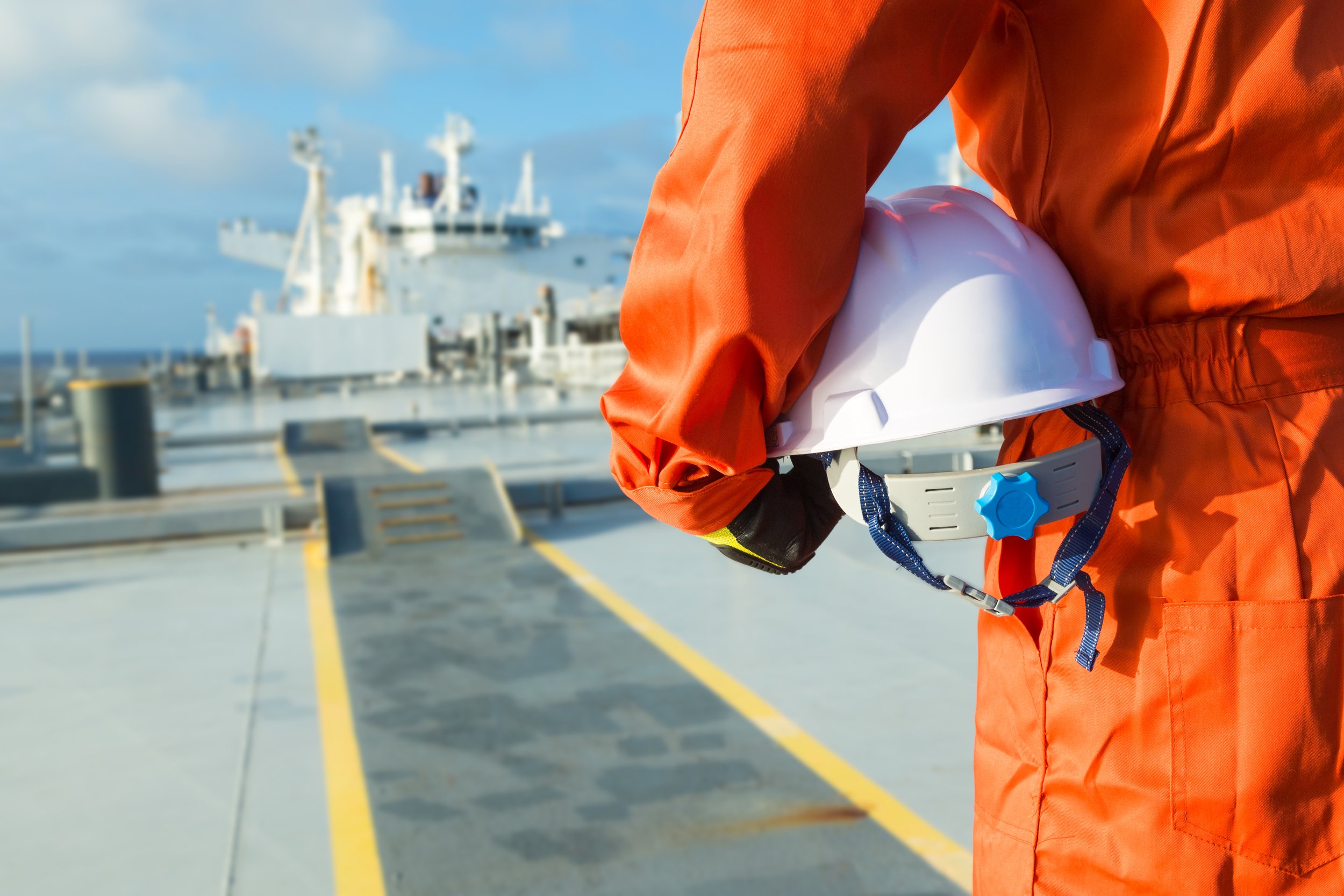
safer.bluer
Tank vent management for shipping & offshore
For vessels engaged in the handling and transportation of flammable and hazardous liquids, the imperative for precisely engineered and thoroughly tested tank venting solutions is evident. These solutions assume a pivotal role ensuring safety and sustainability by proficiently managing emissions and functioning as indispensable protective measures.
The innoventing company
Ventiq AS is a Norwegian engineering and manufacturing firm specializing in advanced
ventilation systems and PV valves for protecting flammable and hazardous liquids onboard ships across the globe. With decades of expertise in tank venting technology, Ventiq offers deep insight and guidance on optimal tank vent configuration and design.
In addition to its core engineering capabilities, Ventiq delivers comprehensive cargo venting solutions - encompassing project management, system design, and technical consulting - tailored to meet the demanding standards of maritime safety and performance.
Curbing emissions
In an era where sustainability and environmental consciousness are paramount, the maritime industry stands at a crossroads, tasked with navigating towards cleaner, more efficient fuel sources.
With the growing imperative to reduce greenhouse gas emissions and mitigate the impacts of climate change, traditional fossil fuels are no longer viable options for powering ships. In this discourse, we delve into the realm of alternative fuels for ships, exploring the challenges, and the burgeoning technologies driving their adoption. For instance, methanol as fuel, with its unique characteristics, including its flammability and toxicity, necessitate comprehensive safety protocols for fuel handling, storage, and the tank ventilation system.
Safety is paramount
The regulations pertaining to controlled ventilation on board ships transporting hazardous or flammable liquids, whether as cargo or fuel, play a crucial role in safeguarding the integrity of tanks against fire hazards and mitigating excessive over- and under pressure conditions.
Conducting comprehensive testing in accordance with the latest statutory requirements is essential at a minimum. When augmented by decades of accumulated knowledge and a commitment to identifying optimal solutions for operational safety and maintenance, the necessity for reliability in controlled ventilation systems becomes evident.
The key is reliability
For a vent pipe system relying on controlled ventilation to operate as intended, a variety of factors must be carefully considered. The determination of the vent system's capacity is to be formalized through a structured process encompassing pressure drop calculations and the utilization of certified flow curves for pressure vacuum valves.
Additionally, various influential factors, including but not limited to vapor growth rate, liquid density, pipe length, and the number of bends, must be meticulously considered to attain an optimal configuration of the system.



